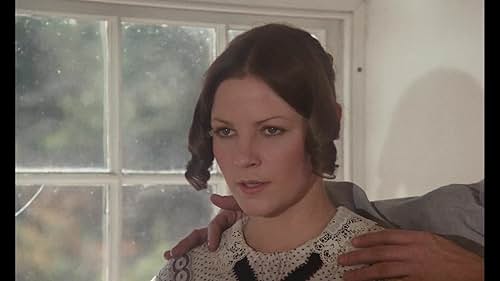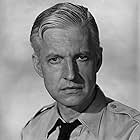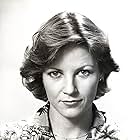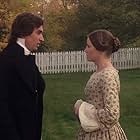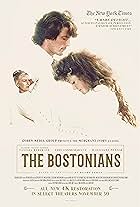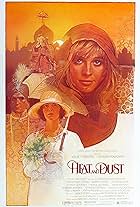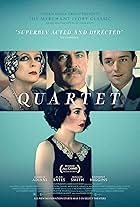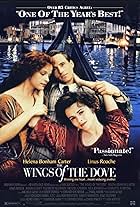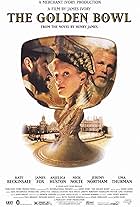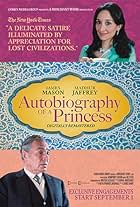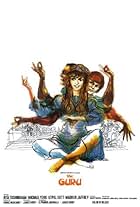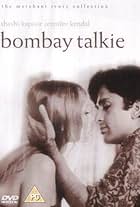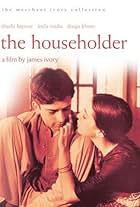I first saw this movie in a "Henry James on Film" class back in about 1994. I'd just read the novella of the same name and enjoyed it immensely. Not only was it remarkably beautiful and deeply moving but also, at moments, intentionally laugh out loud funny.
MIP, as is their way I later discovered, created a script that fails to recognize the difference between the written word and the spoken word/visual image. The camera work is beautiful, and all the superficial details seem so right (furnishings, clothes, surfaces in general), all of which I've found to be typical of MIP films. What a pity they didn't devote at least some of that time to other matters, such as understanding the characters involved. Lines are lifted directly from the novella, with little or no attempt to adapt them to the demands of the big (or small) screen.
As a result, all of the glorious subtlety of the original is lost, absolutely lost. James' characters are complex, yes, but also thoroughly real, human, and comprehensible, despite what some of his critics may claim. You wouldn't know that from any of the MIP adaptations of his works, specifically THE BOSTONIANS and THE GOLDEN BOWL. I've yet to see HULLABALOO OVER GEORGIE AND BONNIE'S PICTURES, which is, according to certain film critics, and suggested by what I've read about the film, an adaptation of James' "The Aspern Papers." Ivory has been asked about this, but has refused to answer one way or the other.
It doesn't help that MIP films have tended to be shot on such tight time/money budgets that it may be impossible to shoot all the scenes that were scripted, let alone to reshoot a scene when needed. As such, they rely heavily on editing the footage they have. Anyone who studies their films may well find that this approach leads to most unsatisfying results.
I've seen ten or more MIP films since this one, in an attempt to determine if this was an isolated misstep on their part, or the norm for them. I found the latter to be the case. Their films make me think of the children's fairy tale of the emperor who had no clothes. But, in the case of MIP fare, it's just the reverse: it's all clothes -- and no emperor!

